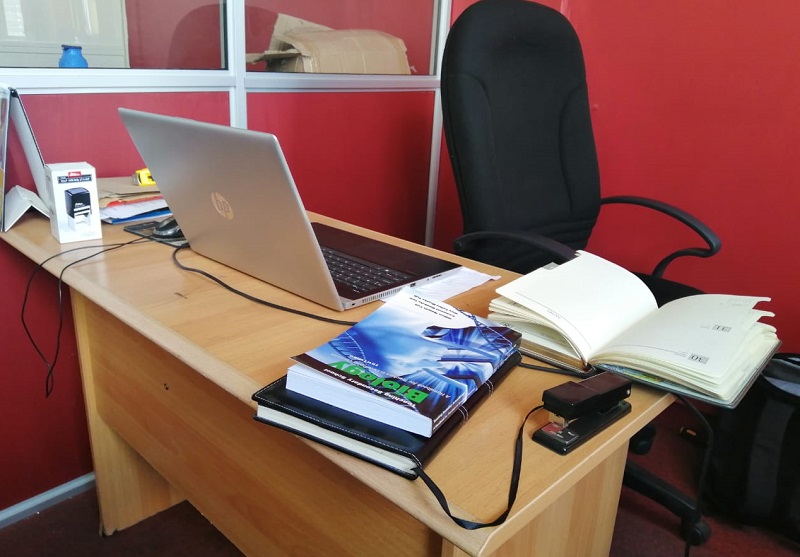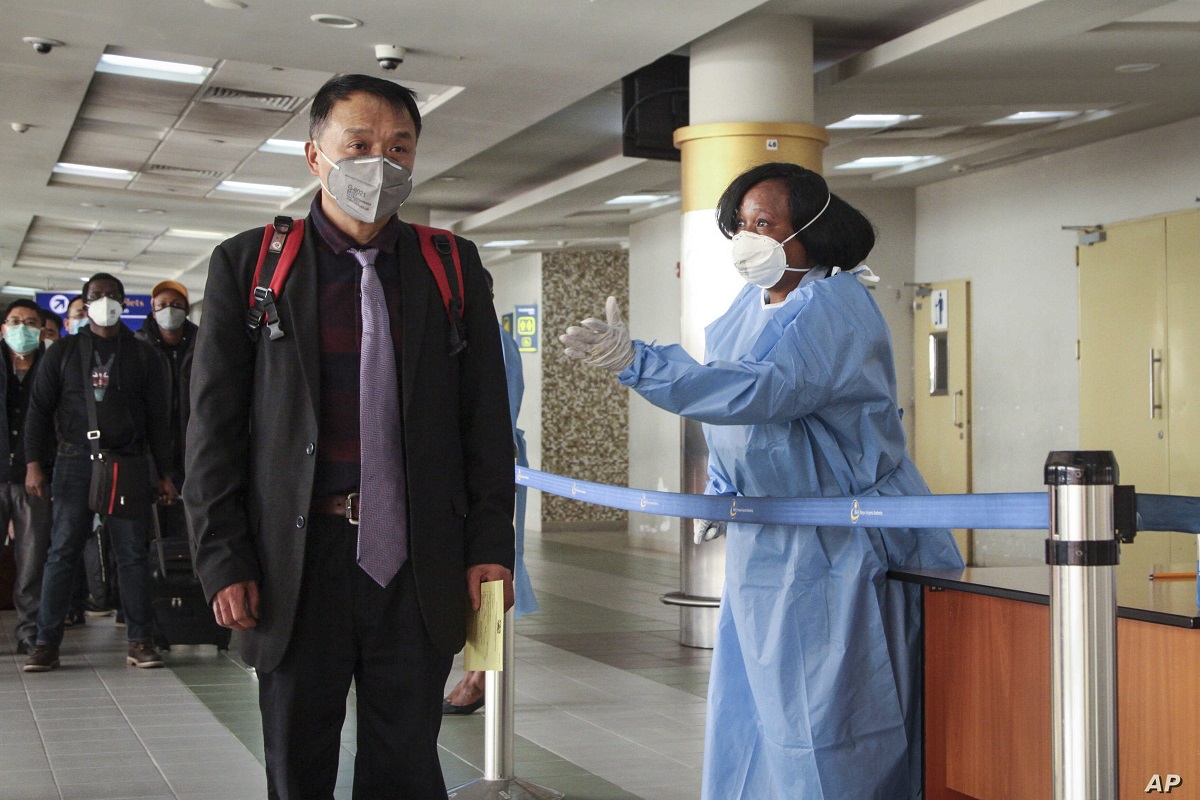The covid-19 coronavirus has changed the business landscape globally bringing to the fore challenges that many companies are facing in dealing with the outbreak.
While the virus is transforming how people do business, it is also creating a new normal for both employees and their employers since the virus keeps evolving the approach to business. This has affected productivity meaning many companies will have to either scale down or close shop if things do not get better soon.
Legally, however, there are challenges that come with such a shift in the norms of doing business including sick leaves, laying off workers etc.
See: Choppies Sends 583 Employees Home
In Kenya, 25 cases have been so far been confirmed and employers have to balance a tightrope to ensure that their companies keep running despite the challenges. Many employees are now having to work from home which has made it better for some while for companies that need the physical presence of staff, they are in a conundrum.
But how do employers deal with this new phenomenon?
According to the Africa Legal Network (ALN), employers need to take measures to minimise the risk of contamination and spread of the virus in the workplace to ensure business continuity.
Read: Teacher Who Bought College that Denied Him a Job
ALN says that the Kenyan labour laws are silent on the procedure to be followed by employers in case of an outbreak of an infectious disease but Kenyan legislation has addressed some issues that are important for employers to consider. Some of these issues include:
Occupational Health and Safety
Employers have a general responsibility to ensure the workplace is healthy and safe for all employees, customers and other people who visit the workplace. In addition, the law places responsibility on employees to ensure their own safety and health, and the safety and health of other people, who may be affected by the employees’ acts or omissions at the workplace.
Therefore, employers need to put in place measures that would ensure the safety of their employees at the workplace in all situations, but particularly now where there is the risk of the Virus breaking out in Kenya.
Sick Leave
The Employment Act provides that every worker is entitled to paid sick leave of up to thirty days per year, after completion of two months of service. However, the Employment Act does not anticipate whether the sick leave periods provided under one’s employment contract would apply in the event of an outbreak like what we have currently. This presents a challenge to employers.
ALN says, “In the event of a mandatory quarantine, for example, a quarantined employee could argue that the isolation period should not be deducted from their sick leave as it was not confirmed whether or not such employee was infected. In addition, where an employee is only entitled to thirty days of sick leave, what happens to the additional days that the employee is unable to come to work?”
Further to this, an employer is required to ensure the sufficient availability of proper medicines for employees during illness and, if possible, medical attention should also be provided during serious illness. Most employers comply with this requirement by providing medical insurance for their employees. Employers, therefore, need to consider what their medical insurance packages currently offer and how this would apply in the event of an outbreak of the Virus.
See: Gov’t Lures Jittery Kenyans to Stay at Home With High-Speed Internet
In summary, employers need to review and consider whether their employees would be covered under their current medical insurance packages in the event of a breakout, whether the sick leave periods would apply and the measures to put in place to ensure business continuity.
Discrimination and Termination of Employees
The spread of the covid-19 coronavirus has seen an increase in profiling of people of different races not only in Kenya but around the world. Kenya has seen an increase in the profiling of Chinese nationals due to the virus.
This has led to the Chinese Embassy in Kenya releasing a statement advising against racist remarks against its citizens.
An important question to consider is how an employee would be treated in the event they were to become infected with the virus or are suspected of having been infected.
Both the Kenya Constitution and the Employment Act prohibit discrimination on the basis of several factors, including race, nationality, and health status.
“It is therefore important for employers, whilst putting in place policies to deal with the contraction and spread of the Virus, to carefully consider their actions in order to avoid any discrimination claims or discriminatory treatment of affected staff. Employers should also consider how health information of affected employees will be protected because such information is considered as “sensitive personal data” that is protected under the Data Protection Act,” notes ALN.
In addition, while employers are entitled to terminate one’s employment on the ground that an employee is too ill to work, due care and sensitivity must be exercised before this is done and due process for termination as a result of incapacity has to be followed.
“The termination of an employee because they have contracted an infectious disease may amount to discrimination and we would advise that legal advice is sought beforehand,” adds ALN.
Work from Home Policies
While the Kenyan labour laws do not provide for ‘work from home’ guideline, with the coronavirus outbreak things are changing. Taking into consideration the infectious nature of the virus, employers in certain affected countries are being advised to encourage their employees to work from home.
Since the law does not provide specific guidelines on this, it is up to employers to establish their guidelines that would need to conform to existing legislation.


![After President Uhuru Kenyatta's speech, Kenyans wondered whether they can eat 4G network. [ Cartoon / Mike Munene-NMG ] www.businesstoday.co.ke](https://businesstoday.co.ke/wp-content/uploads/2020/03/President-Uhuru-Kenyatta-on-Covid-19-150x150.png)










Leave a comment